Publications
Articles, publications, books, tools and multimedia features from the U.S. Institute of Peace provide the latest news, analysis, research findings, practitioner guides and reports, all related to the conflict zones and issues that are at the center of the Institute’s work to prevent and reduce violent conflict.
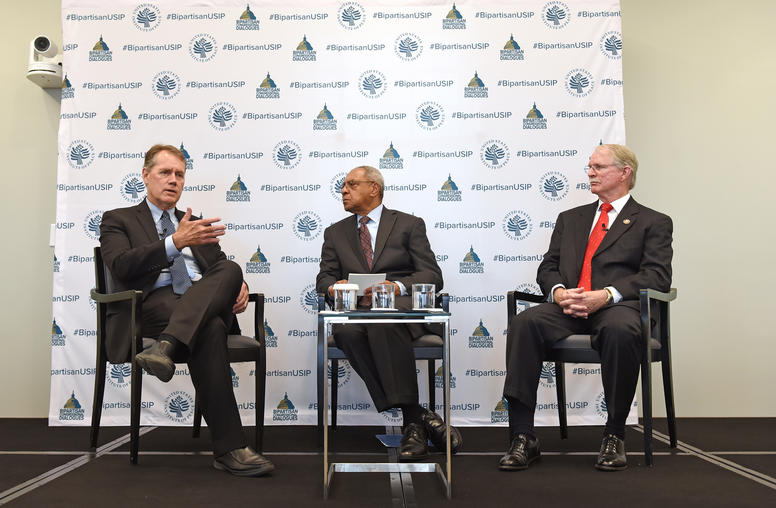
As China Projects Power in the Indo-Pacific, How Should the U.S. Respond?
There is a growing bipartisan consensus in Washington that China’s ascendance is a major strategic concern for U.S. and international security and stability. This is reflected in the 2017 U.S. National Security Strategy, which recalibrates U.S. foreign policy to address the challenges posed to American power and interests from escalating geopolitical competition with China and Russia. After a recent trip to the Indo-Pacific region, Rep. Ed Case (D-HI) and Rep. John Rutherford (R-FL) said they came away alarmed at how China is tightening its grip on U.S. allies across the region. What can the U.S. do to address China’s power projection and coercion in the Indo-Pacific and beyond?
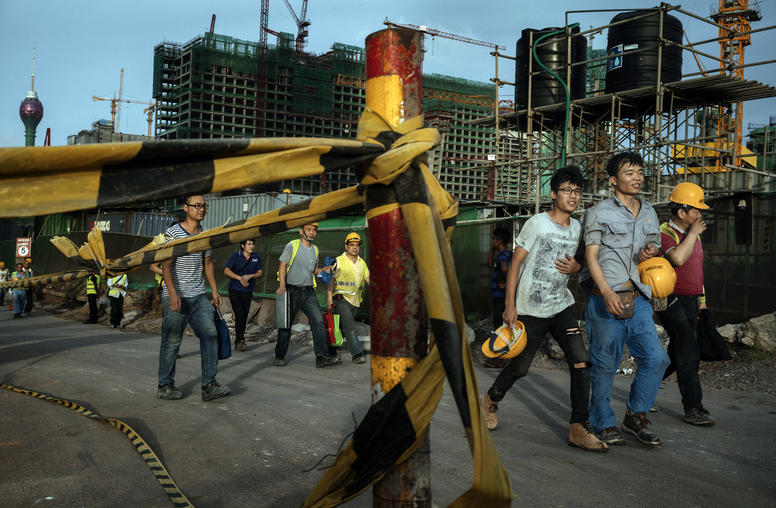
Where Does China’s Belt and Road Initiative Stand Six Years Later?
Few projects illustrate the risks of China’s Belt and Road Initiative (BRI) better than the Hambantota port in Sri Lanka. In 2017, unsustainable debt loads drove Colombo to give China a 99-year lease and controlling equity stake in the Hambantota port, while local communities protested the loss of sovereignty and international observers worried about China’s strategic intentions. The Hambantota case may be an outlier, but it has become a “canary in the coalmine,” and a warning sign to other BRI participants about what their future may hold. Increasingly, countries around the world are taking steps to reassert their influence over BRI projects—and Beijing has taken note.
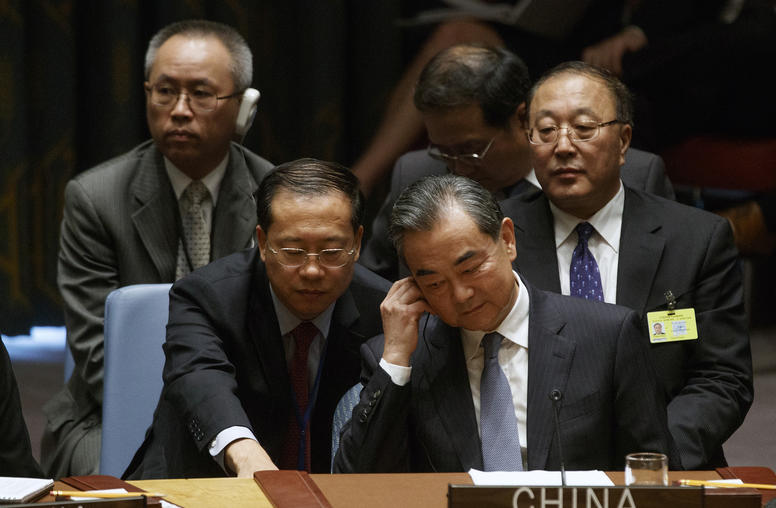
India-Pakistan Tensions Test China’s Relationships, Crisis Management Role
The latest India-Pakistan crisis has put China in a difficult position, as it tries to balance its relationships with both countries, while helping to stave off a conflict and demonstrate its ability to manage and resolve crises. Chinese Foreign Minister Wang Yi spoke to leaders in both Pakistan and India last week, urging them to practice restraint and find a way to deescalate the situation. Despite Pakistan’s request for China to play a more active role, competing priorities constrained the degree to which Beijing could lead—highlighting a chronic challenge for Chinese diplomacy in South Asia. China’s decision to keep a low profile is likely deliberate and in keeping with longstanding practice, but it is inconsistent with Beijing’s aspirations to lead in Asian crisis diplomacy.
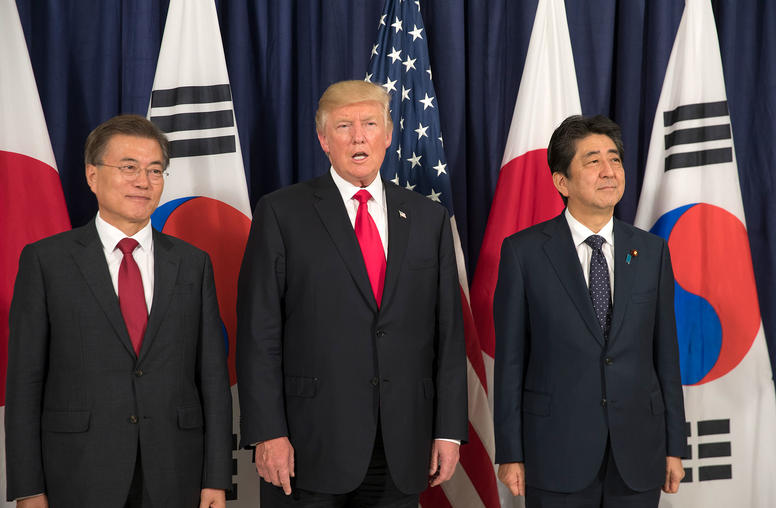
What Does the Singapore Summit Mean for South Korea, China and Japan?
The June 12 summit in Singapore between President Donald Trump and North Korean leader Kim Jong Un was a watershed moment in relations between Washington and Pyongyang. But, the more immediate and profound impact will be felt in East Asia, where North Korea’s nuclear program has threatened regional stability and security. While South Korea, China and Japan have different—sometimes starkly so—interests and positions vis-à-vis North Korea, all three of the Asian powers will be important players in efforts to implement the pledges made in Singapore. USIP’s Ambassador Joseph Yun, Jennifer Staats and Frank Aum discuss the implications for Seoul, Beijing and Tokyo.
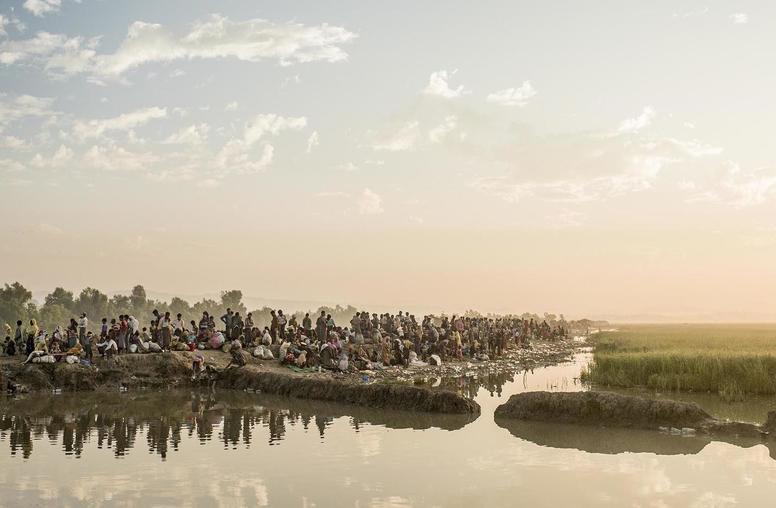
Burma’s Balancing Act on Rakhine
In a reversal of past policy, Burma’s government last week signed a memorandum of understanding (MOU) with the United Nations to facilitate the repatriation of Rohingya refugees back to Burma. This unexpected move builds on the momentum established last month, when Burma hosted a United Nations Security Council (UNSC) delegation and invited the U.N. to assist in the repatriation of the Rohingya and the rehabilitation of Rakhine state.
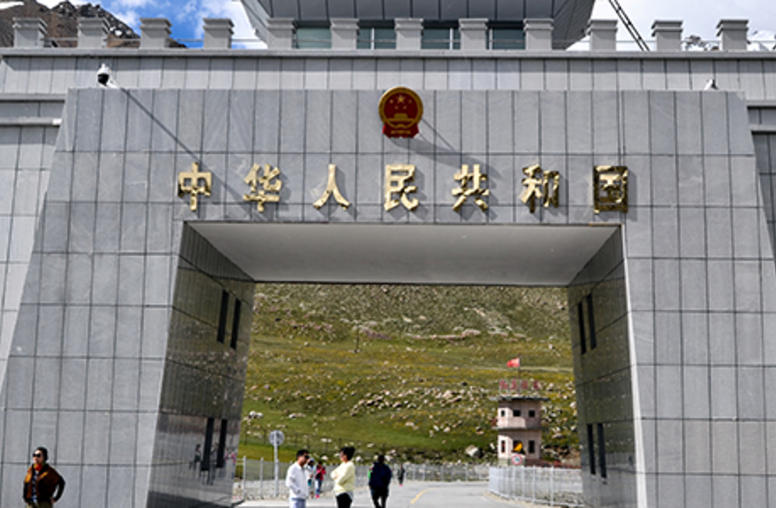
China-Pakistan Economic Corridor: A Road to Peace?
Three weeks ago, trucks carrying goods from China began offloading containers to ships at the Pakistani port of Gwadar, marking the operational opening of the Chinese built-and-financed China-Pakistan Economic Corridor (CPEC). The scale of the $51 billion infrastructure scheme will change Pakistan in ways that offer hope for easing its internal conflicts and its destabilizing fear of international isolation, experts said in a discussion at the U.S. Institute of Peace.